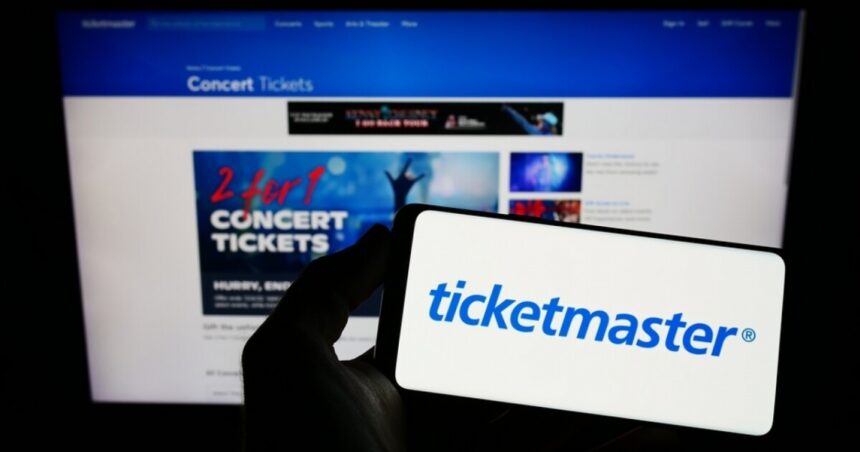Ten more states have recently joined the antitrust lawsuit brought by the Department of Justice against Ticketmaster and its parent company Live Nation. This brings the total number of plaintiffs to 39 states, Washington D.C., and the DOJ. The claim is that the companies have artificially increased ticket prices for fans by monopolizing the music and live entertainment industry.
The initial lawsuit was filed in Manhattan federal court in late May with the goal of breaking up the merged companies, which joined forces in 2010. The accusations included the unlawful use of their influence over artists, venues, and promoters to stifle competition and smaller entities, ultimately resulting in fans having to pay excessive fees.
In the amended complaint filed on Monday, the DOJ stated that fans throughout the U.S., including those in each plaintiff state, have been subjected to non-negotiable fees without alternative options for comparison. The lawsuit highlighted issues such as the inability to transfer tickets, restrictive refund policies, insufficient technology, and the companies’ various roles as ticketers, promoters, artist managers, and venue owners creating a cycle that drives up costs while profiting from fans, artists, and venues.
Attorneys general from Indiana, Iowa, Kansas, Louisiana, Mississippi, Nebraska, New Mexico, South Dakota, Utah, and Vermont have now joined the lawsuit, some also seeking treble damages on behalf of affected residents. This legal measure allows courts to triple damages awarded to plaintiffs to penalize wrongdoers and deter future offenses.
According to the lawsuit, Live Nation’s actions have negatively impacted fans by limiting concert options, increasing ticketing fees, and providing a subpar experience. In response, Live Nation claimed that the amended complaint did not introduce any new information and that the issues fans care about concerning ticket prices, fees, and access to popular shows remain unaddressed. The company expressed readiness to provide more facts as the case progresses.
Previously, Live Nation argued that the DOJ’s case goes against the economic principles of live entertainment and highlighted that a significant portion of their service fees benefit venues. The company emphasized its role in facilitating global tours for artists, creating unforgettable experiences for millions of fans, and supporting local economies by maintaining quality jobs.




